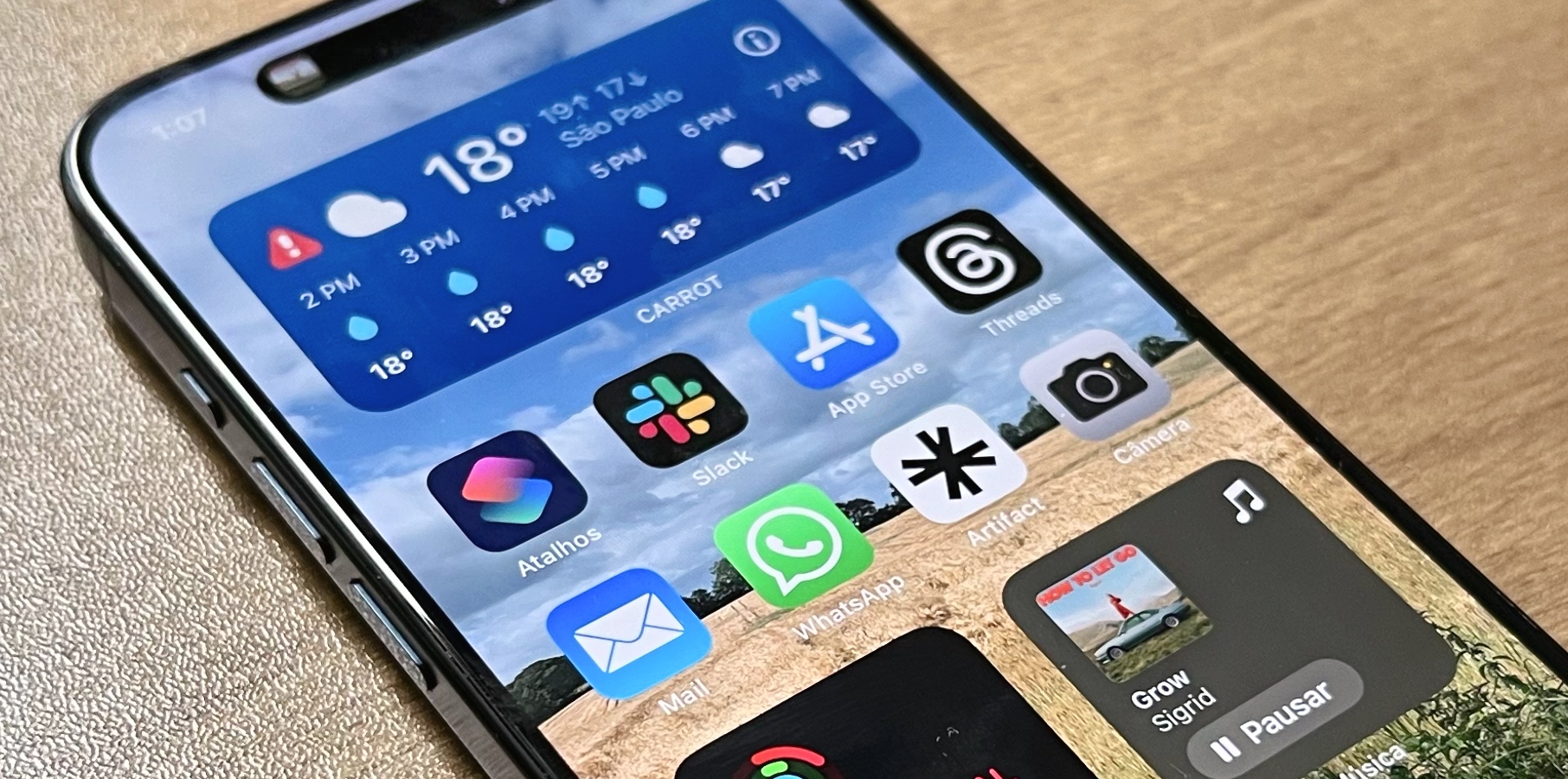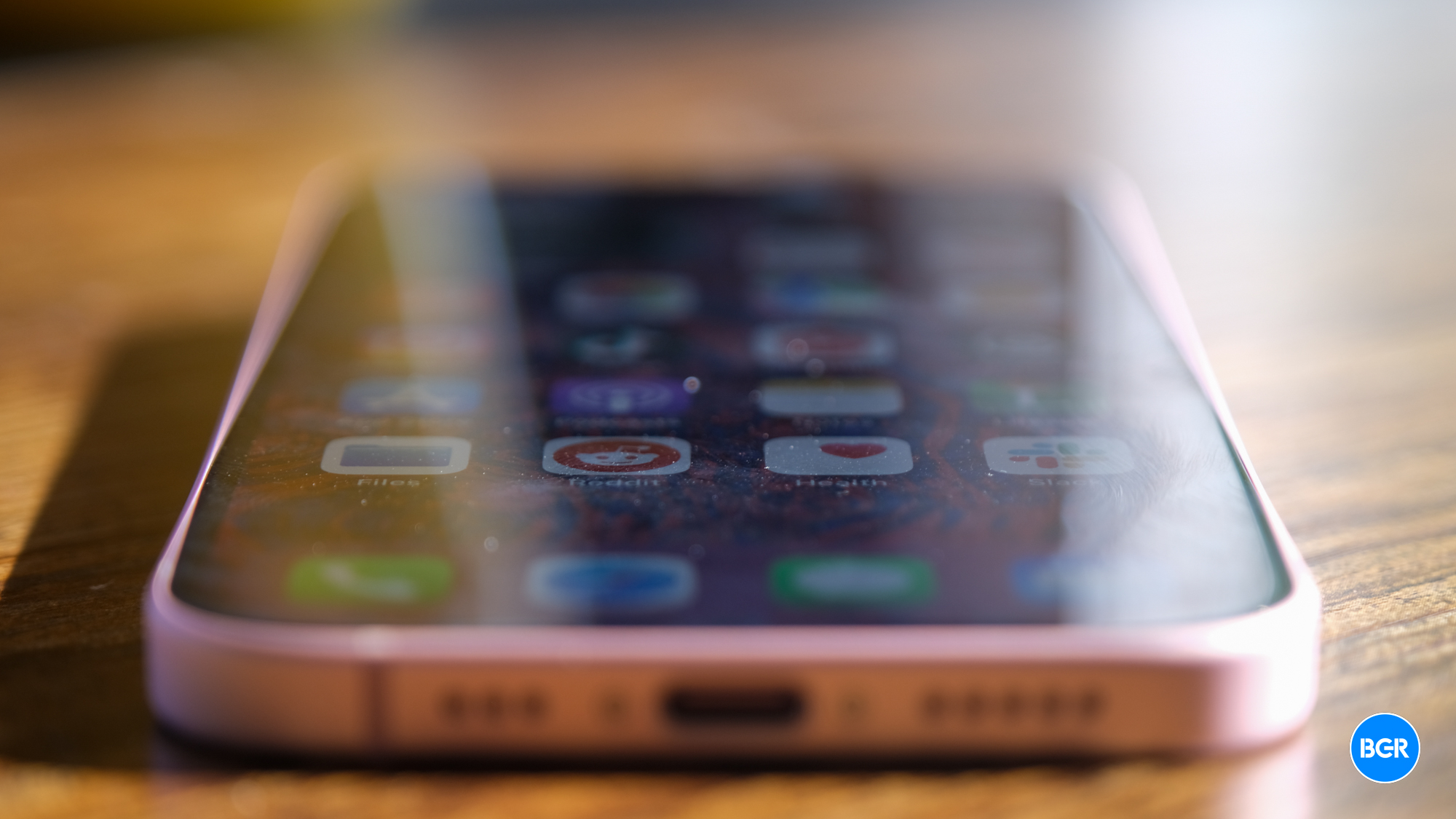It’s happening: you will be able to install iPhone apps from sources other than the official App Store. The big caveat? iPhone sideloading, complete with third-party app stores and third-party payments, is only coming to iPhone users in Europe.
Apple already confirmed that it will comply with the Digital Markets Act (DMA) rules, and the company detailed the new rules for developers who want to take advantage of iPhone sideloading.
Those changes are also somewhat controversial, as several big developers have criticized Apple’s way of implementing the DMA-mandated changes. On that note, I still find it incredible that these developers think the iPhone and the App Store are their God-given rights, and that Apple shouldn’t be able to govern and charge for apps the way it pleases.
Apple, meanwhile, is moving forward with the changes for the EU region. The company announced on Thursday that it’s ready to evaluate app marketplaces if any developers want to start testing them.
I’m certainly curious to see which developers will actually take advantage of Apple’s new contract in the region. Other than Epic, which already expressed interest in launching a third-party app store while simultaneously complaining about the new rules.
Personally, however, I’ll never use those app marketplaces even if I have little reason to worry about malware now that iPhone sideloading is possible.
The reasons for my decision are simple. I don’t want to have to trust companies other than Apple with my privacy and security when it comes to apps and payments. Also, I want all my apps to come from the same place, the App Store, rather than bothering with other marketplaces.
Still, I’m interested to see who will step up to become an App Store competitor, and the process such an endeavor entails. As I explained before, sideloading iPhone apps isn’t what you thought.

Apple will have to evaluate these app marketplaces, a process it began this week. Apple updated the App Store Connect portal with features that will help developers create these third-party app stores for iPhone. Here’s how Apple describes the updates:
Developers who have agreed to the new business terms can now use new features in App Store Connect and the App Store Connect API to set up marketplace distribution and marketplace apps, and use TestFlight to beta test these features. TestFlight also supports apps using alternative browser engines, and alternative payments through payment service providers and linking out to a webpage.
Not every developer can qualify to make a third-party app store. You need a letter of credit from a financial institution that says you have €1 million set aside for the services and customer support associated with your app marketplace.
Moreover, you can’t make an app store just for your own apps. If approved, that marketplace will have to accept submissions from developers who want to have their apps featured in other app stores.
You also have to account for marketing the third-party app store. The app marketplace application that Apple will review will not be available to download from the official App Store. That makes discovery a problem. European iPhone users won’t find your app marketplace by mistake while browsing the App Store.
There won’t be features in the App Store where Apple’s editorial team would highlight the “top 5 App Store rivals” you can install on iPhone right now. That would be hilarious.
Add to that the new €0.50 Core Technology Fee (CTF) that app marketplaces might have to pay for each app marketplace app download that exceeds 1 million installs, and you have another big reason not to make your own app store alternative if you’re a small developer.
Then, all the apps in the app marketplace will have to pass light Apple reviews. The notarization process.

I’ll also point out one other issue for developers. Inking the new EU deal means kissing the old one goodbye. You won’t be able to return to the previous deal, where you paid 30% or 15% of sales to Apple. Moving to the new contract, whether you make your own app store version or not, is irreversible. And this opens the door to that CFT tax.
Oh, and by the way, these app marketplaces won’t be available on iPads.
Can anyone thrive as a third-party app store provider? I’m certain big names like Google, Microsoft, Meta, and Spotify could do it. They can afford the hassles, and they have the money to pay the monthly CTF fees. But some of these companies have already made it clear they do not like what Apple has come up with for the EU. Spotify, Microsoft, and Meta are some of the ones that protested so far.
With all that in mind, I absolutely can’t wait to see whose third-party app stores I’m never ever going to use on my iPhone. In addition to Epic’s store, of course.








